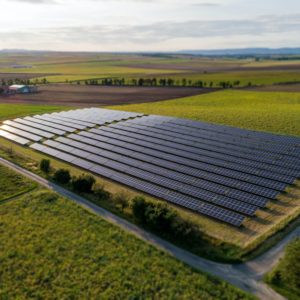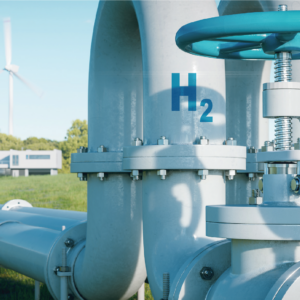Expanding renewable energy generation can coincide with high property values for homeowners and businesses.
Regional Clean Hydrogen Hubs: A Milestone Towards a Cleaner Future
"The hydrogen hubs are a testament to what can be achieved when policy meets innovation. But this is just the starting line. We must remain unwavering in our commitment to policy evolution, infrastructure development, community involvement, and relentless innovation if we hope to unlock the full decarbonization potential of clean hydrogen."
For lower income nations, fossil fuel debate rings hollow
"In some cases, new fossil fuel infrastructure could still lower greenhouse gas emissions compared to previous practices. Replacing wood and other biomass fuels with liquid propane for rural home cooking would reduce emissions and improve air quality. Deploying natural gas for local industry would be better than burning (also known as flaring) or releasing (also known as venting) the gas into the atmosphere in many cases."
Hamas and the Folly of Energy Dependence
Blocking Access to American Energy Resources Invites Aggression
Biden’s ‘Climate Corps’ Is the Wrong Way to Help the Environment
"Meaningful climate progress can only be accomplished with responsible federal spending. Growing government and saddling future generations with more debt, as programs like the Climate Corps would do, will only stymie economic and environmental progress."
For a Cleaner, More Competitive Economy, Repeal the Jones Act
For more than a century, the Jones Act has inflated energy costs, increased emissions, and undermined national security. Reducing barriers to trade and eliminating protectionism are wins for the planet and its people.
Fixing Flood Insurance
The National Flood Insurance Program puts a significant strain on the federal budget and taxpayers. Instead of renewing it and hoping for the best, lawmakers should update the program as quickly as possible.
Elevating the Standards for Carbon Offset Projects
The economic and environmental opportunities make voluntary carbon offset markets worth fixing, not abandoning altogether.
Congressman Doug Lamborn Champions Common Sense Conservation
As the country looks to reduce climate risk and the size of the federal debt, the U.S. will need principled lawmakers like Congressman Lamborn to offer solutions that reduce risk in an economically viable and sustainable way.
US carbon capture pipeline setbacks reflect challenges in climate fight
"Clean energy infrastructure projects need to educate communities on risks and benefits, and engage residents early or they risk existential setbacks, said Sanya Carley, co-director of the Kleinman Center for Energy Policy at the University of Pennsylvania."









